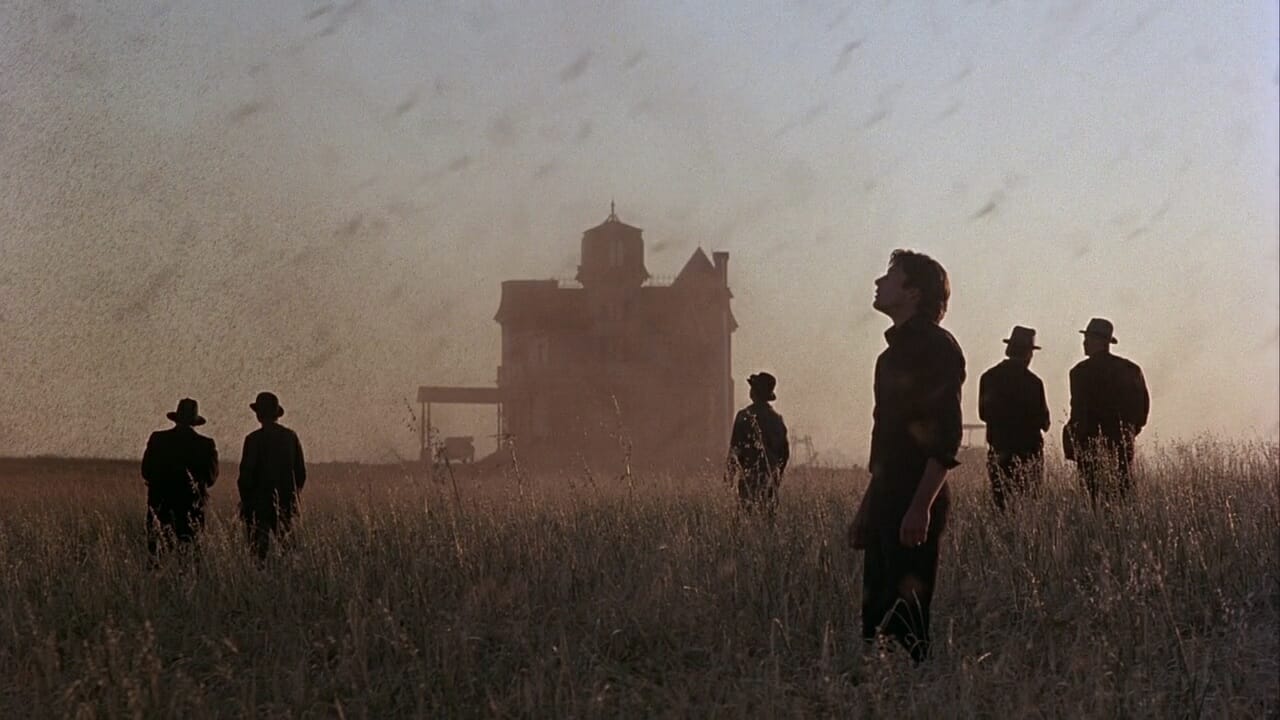-
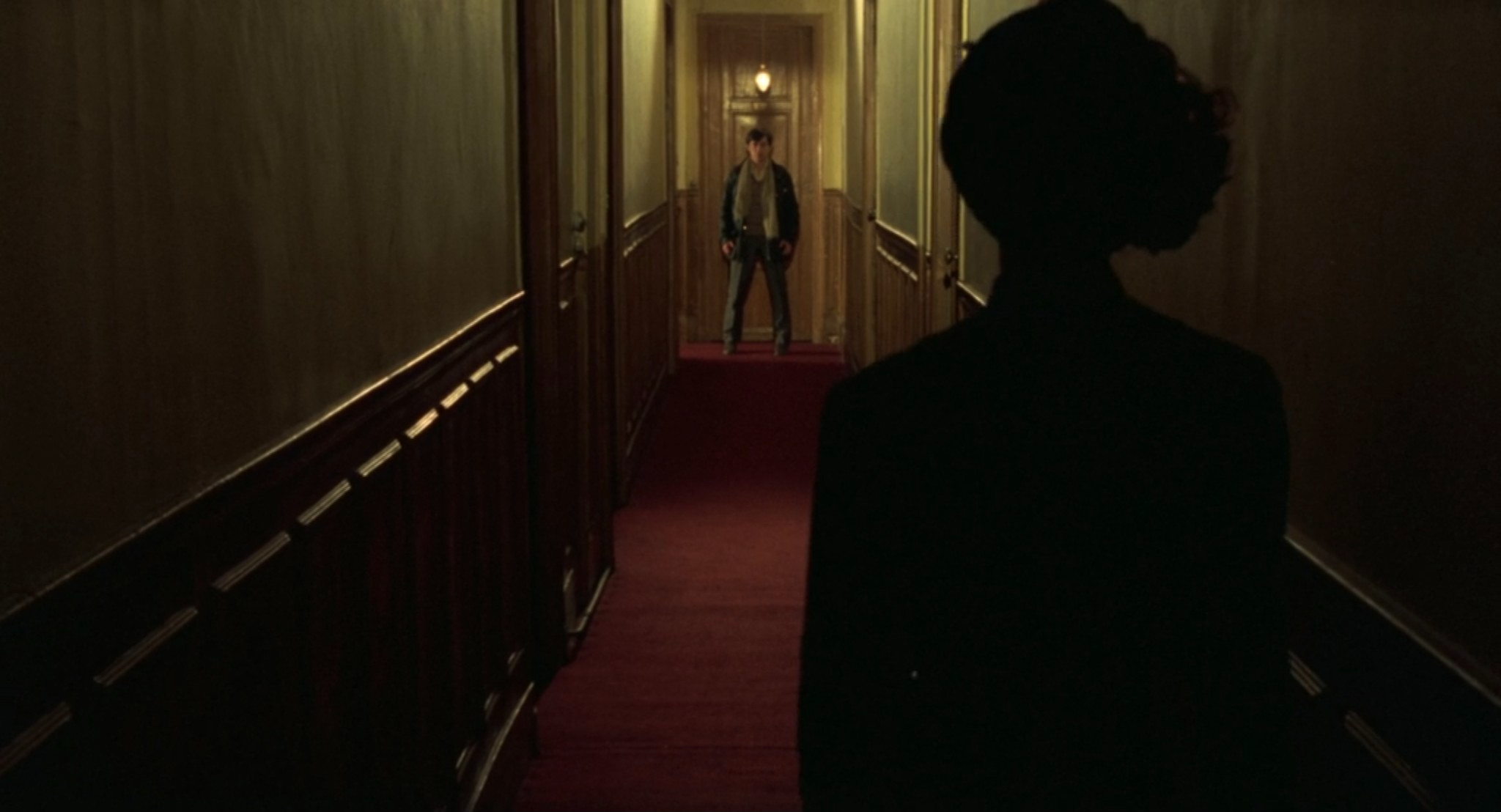
Duelle (1976)
It wouldn’t be hard to believe that each location in Duelle is interconnected within some giant, labyrinthine complex, entangling its mortal characters in a phantasmagorical web of manipulation set up by two warring goddesses, while Jacques Rivette’s obscure narrative uncovers the intransient magic simmering beneath the most ordinary corners of modern society.
-
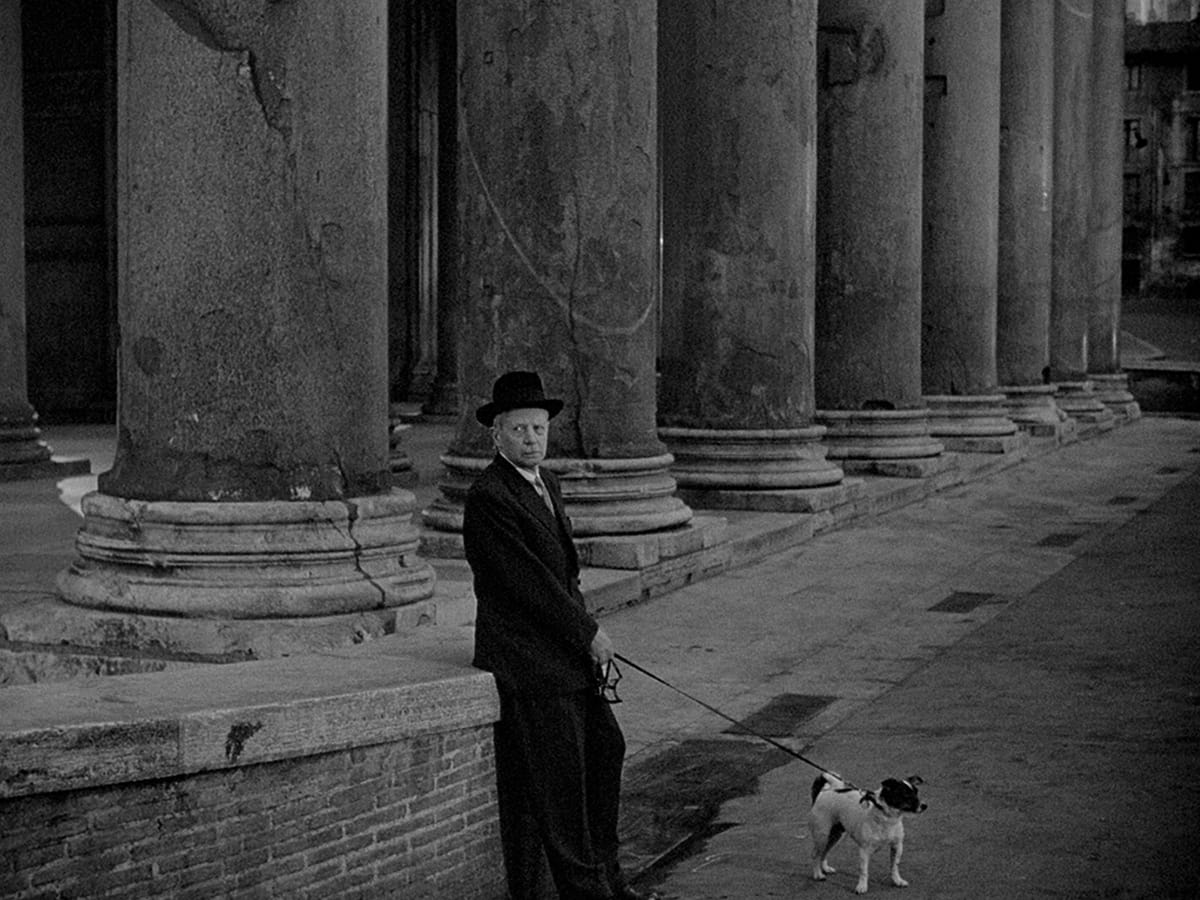
Umberto D. (1952)
While post-war Rome crumbles in Umberto D., Vittorio de Sica interrogates the isolating shame of poverty through the trials of one elderly pensioner, confronting the bleak realities of homelessness within an urban landscape of rich cultural history and cold, harsh discomfort.
-

Fanny and Alexander (1982)
The vivid imagination of Ingmar Bergman’s young protagonist in Fanny and Alexander is as enchanting as it is frighteningly dangerous, expressing itself through vibrantly festive mise-en-scène and impressionistic supernatural visions, and forming the basis of a deeply sentimental rumination on childhood wonder, trauma, and grief.
-
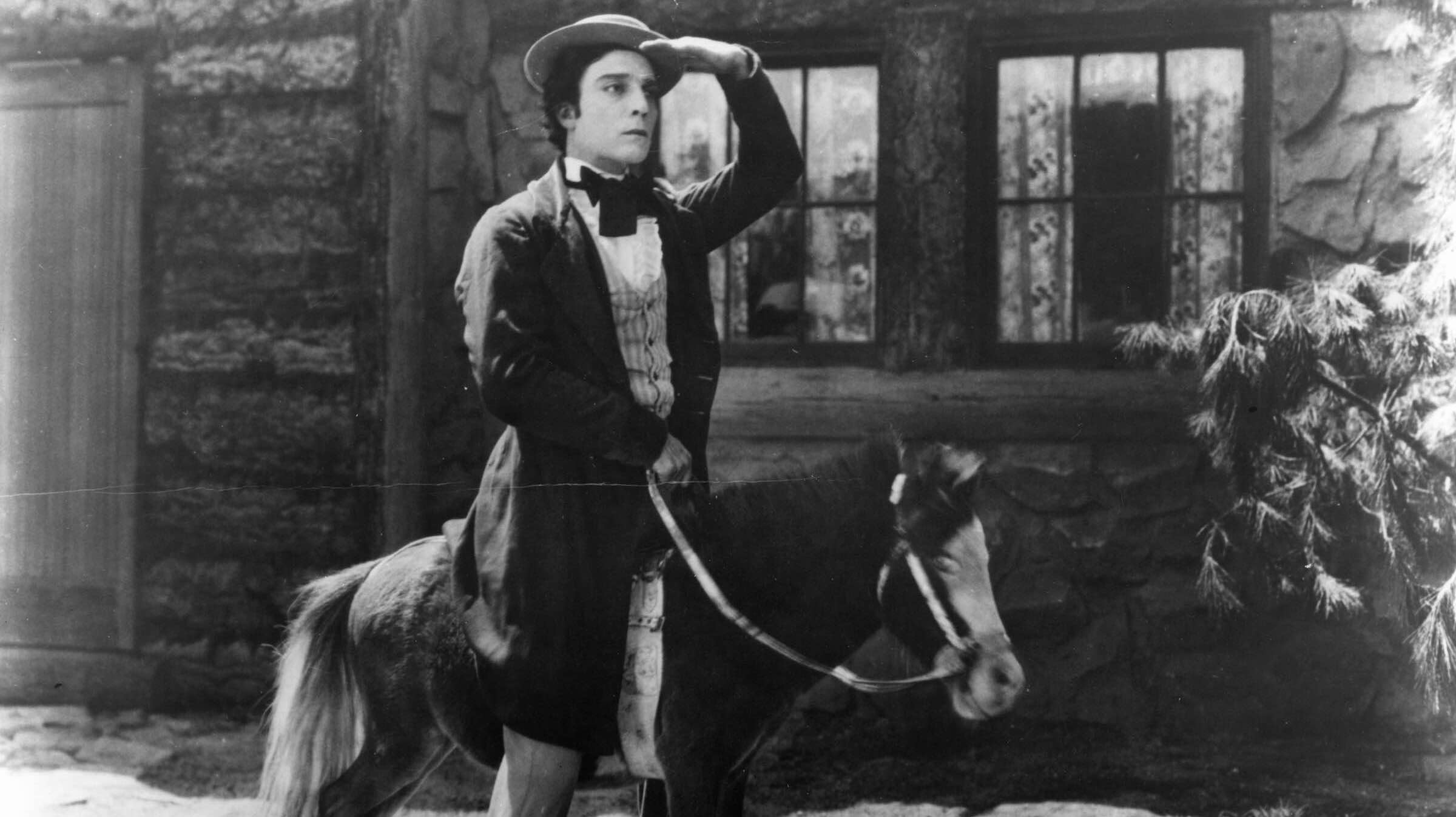
Our Hospitality (1923)
If there is anything that will save Buster Keaton’s stone-faced romantic from the violent family feud in Our Hospitality, then it is the amusing code of honour that ironically grants him sanctuary in the home of those who wish to kill him most, setting up a series of hilarious misadventures that erupt into bold, death-defying…
-

The 250 Best Films of All Time
The greatest films of all time, from the early days of silent cinema to 21st century masterpieces.
-
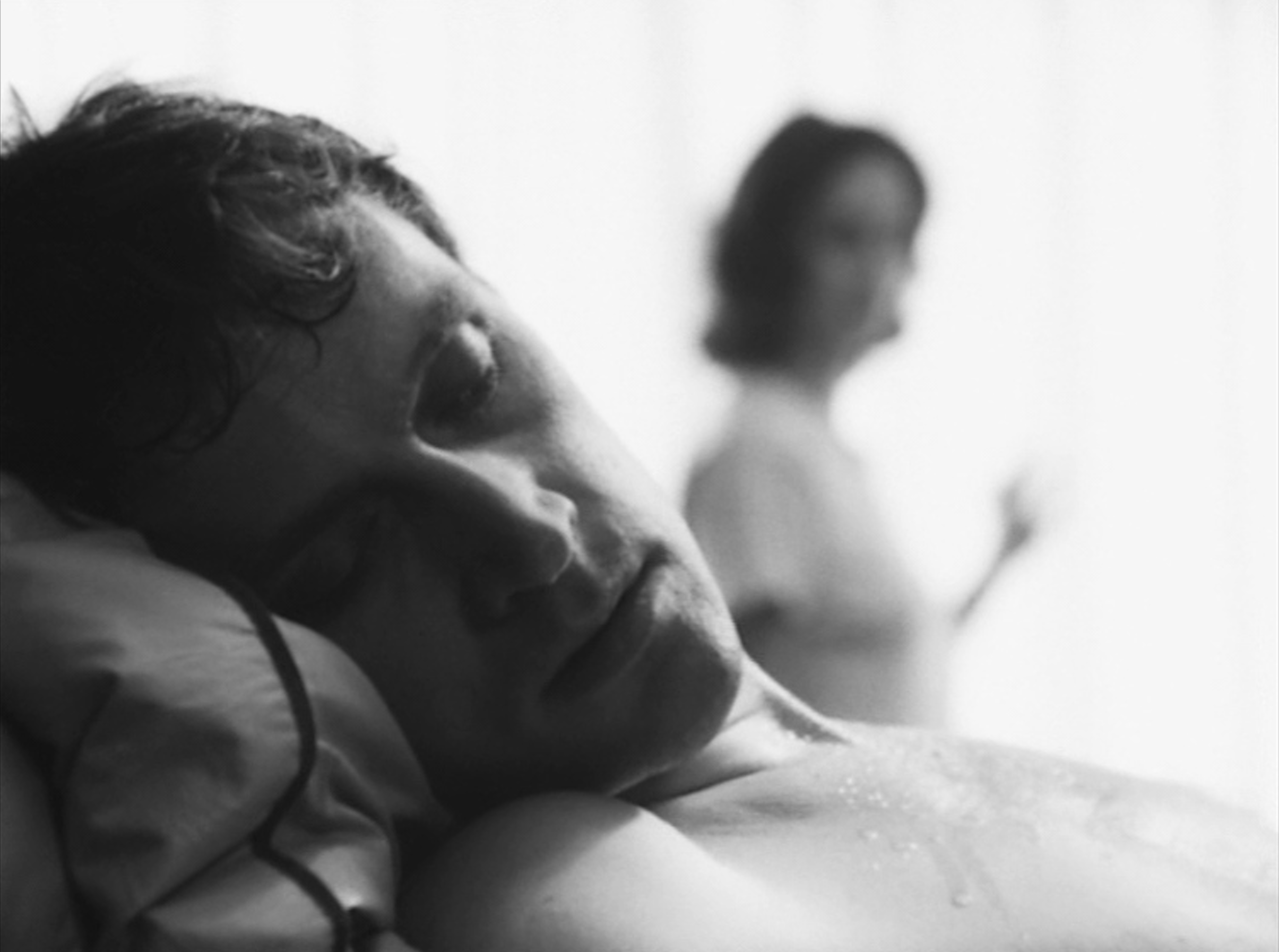
From the Life of the Marionettes (1980)
Ingmar Bergman has long considered the fragile minds that lurk beneath mild personas, but From the Life of the Marionettes is easily his most violent rupturing of that veil, seeking whatever psychological reason lies at the source of one murderous outburst by piecing together fragments of the preceding and subsequent months.
-
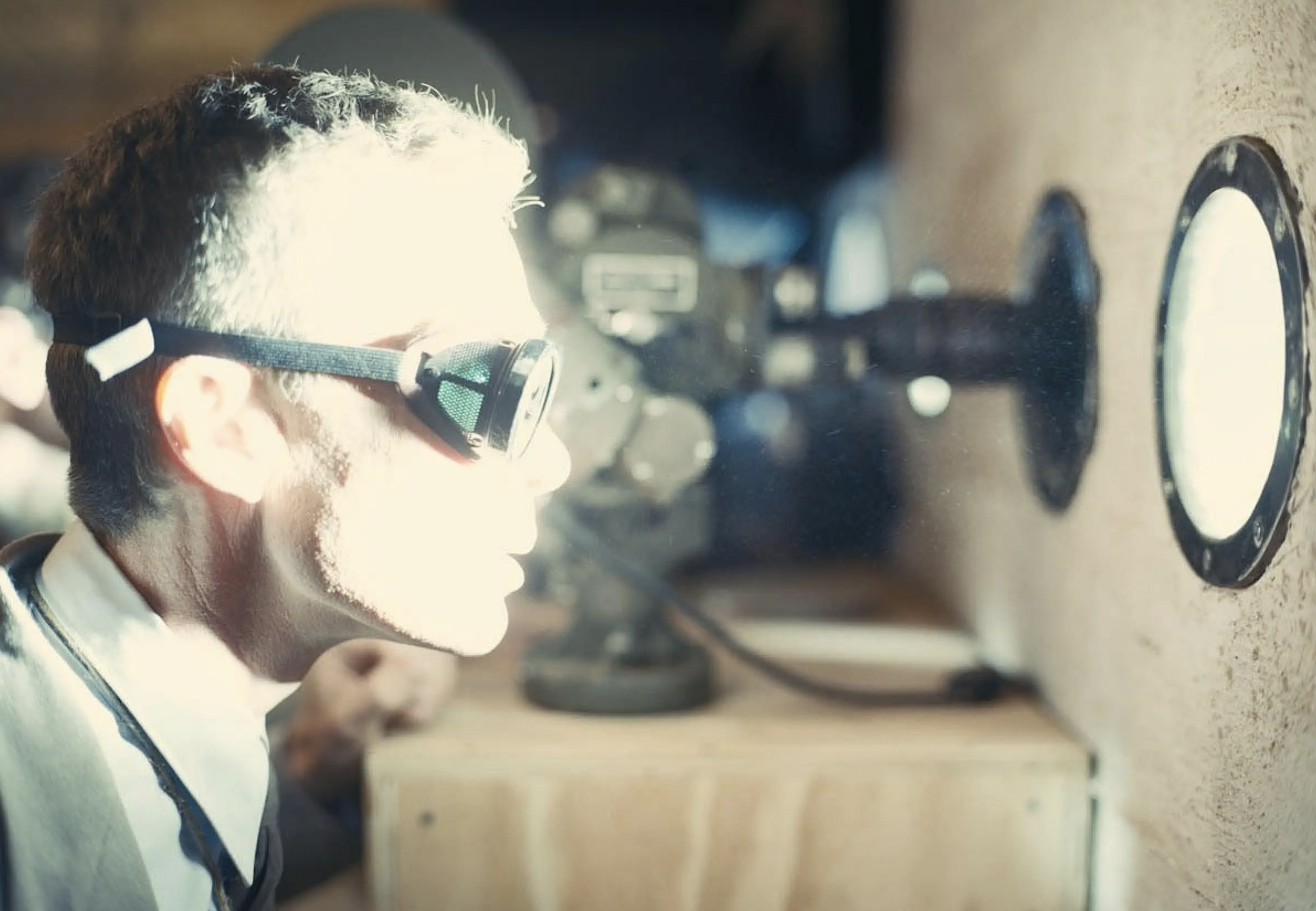
The Best Films of the 2020s Decade (so far)
The greatest films of the 2020s so far, from the growth of auteur television to boundary-pushing metamodernism.
-

A Haunting in Venice (2023)
As flamboyant detective Hercule Poirot is drawn into a murder mystery of mediums, seances, and vengeful ghosts in A Haunting in Venice, the foundations of his hardened logic are confronted with chilling visions of the impossible, effectively imbuing Kenneth Branagh’s adaptation of Agatha Christie with a Gothic horror that complicates our search for rational truth.
-
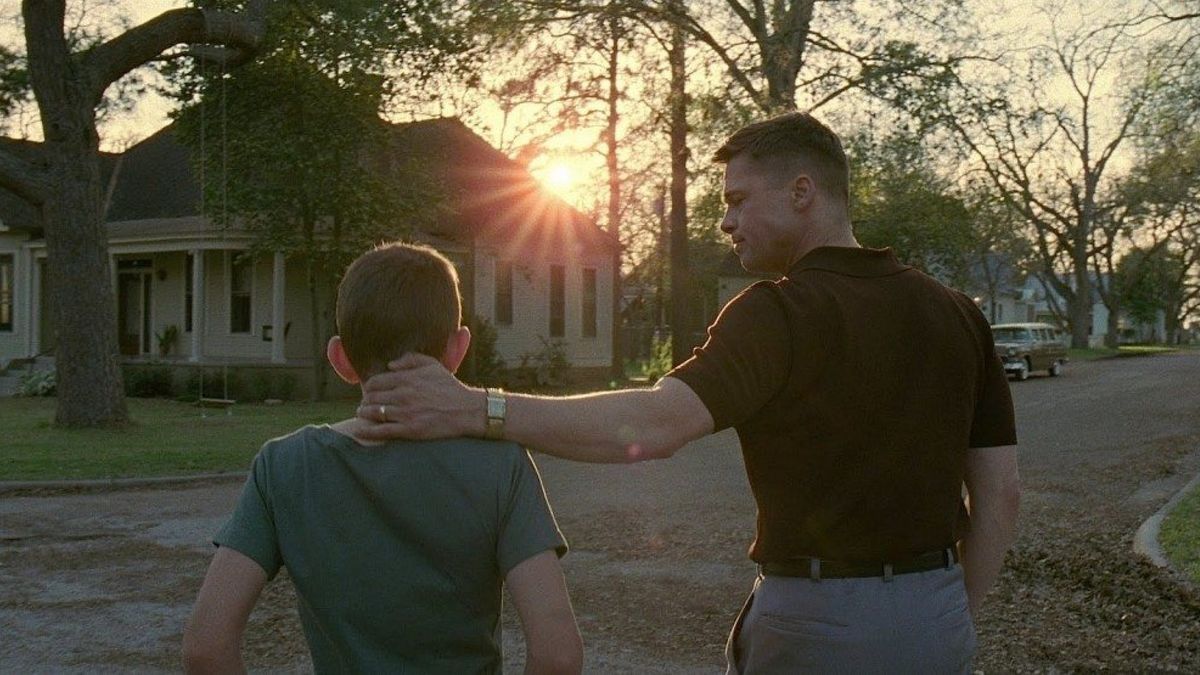
The Best Films of the 2010s Decade
The greatest films of the 2010s, from the heights of New Mexican cinema to the proliferation of comic book movies.
-

Past Lives (2023)
The bittersweet romanticism of Past Lives flourishes in the sweet ambiguity between a Korean immigrant and her childhood sweetheart, weaving its metaphysical understanding of reincarnation through a triadic structure that intersects their paths every twelve years, and seeing the possibilities of their undefined love become infinite.
-
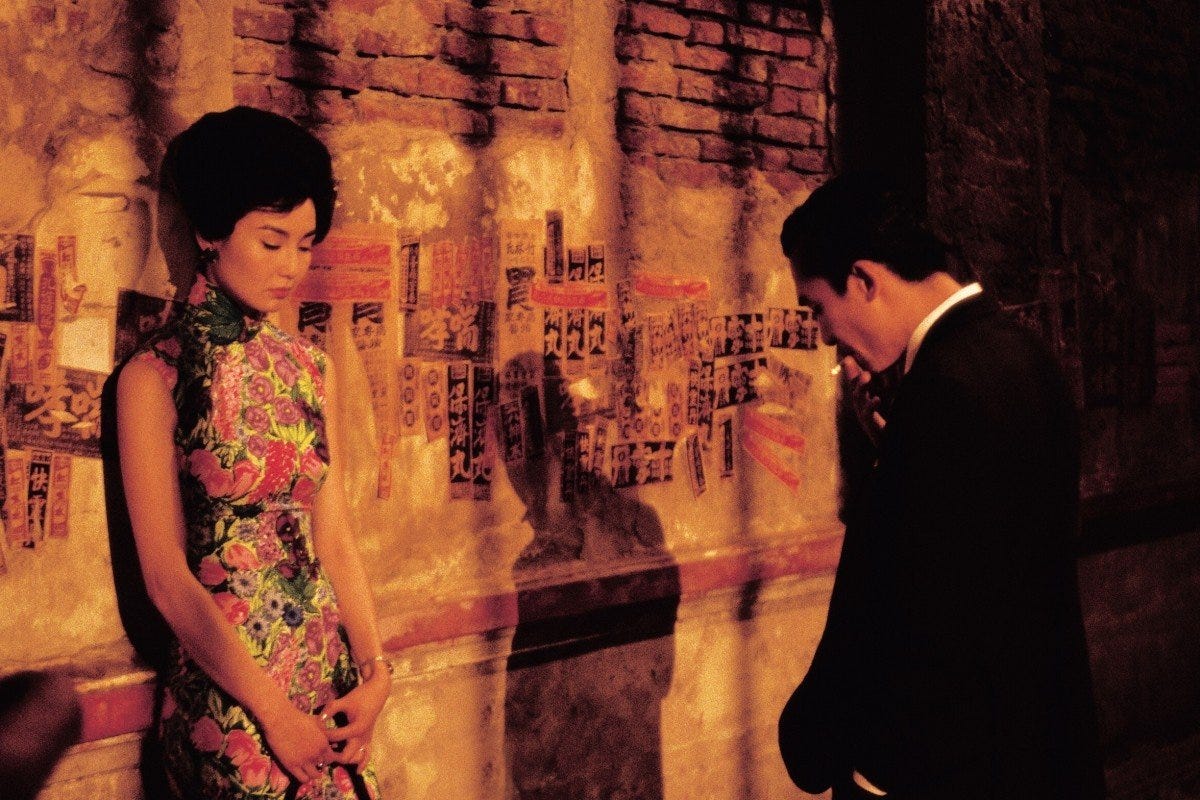
The Best Films of the 2000s Decade
The greatest films of the 2000s, from the Korean New Wave to the resurgence of the fantasy genre.
-
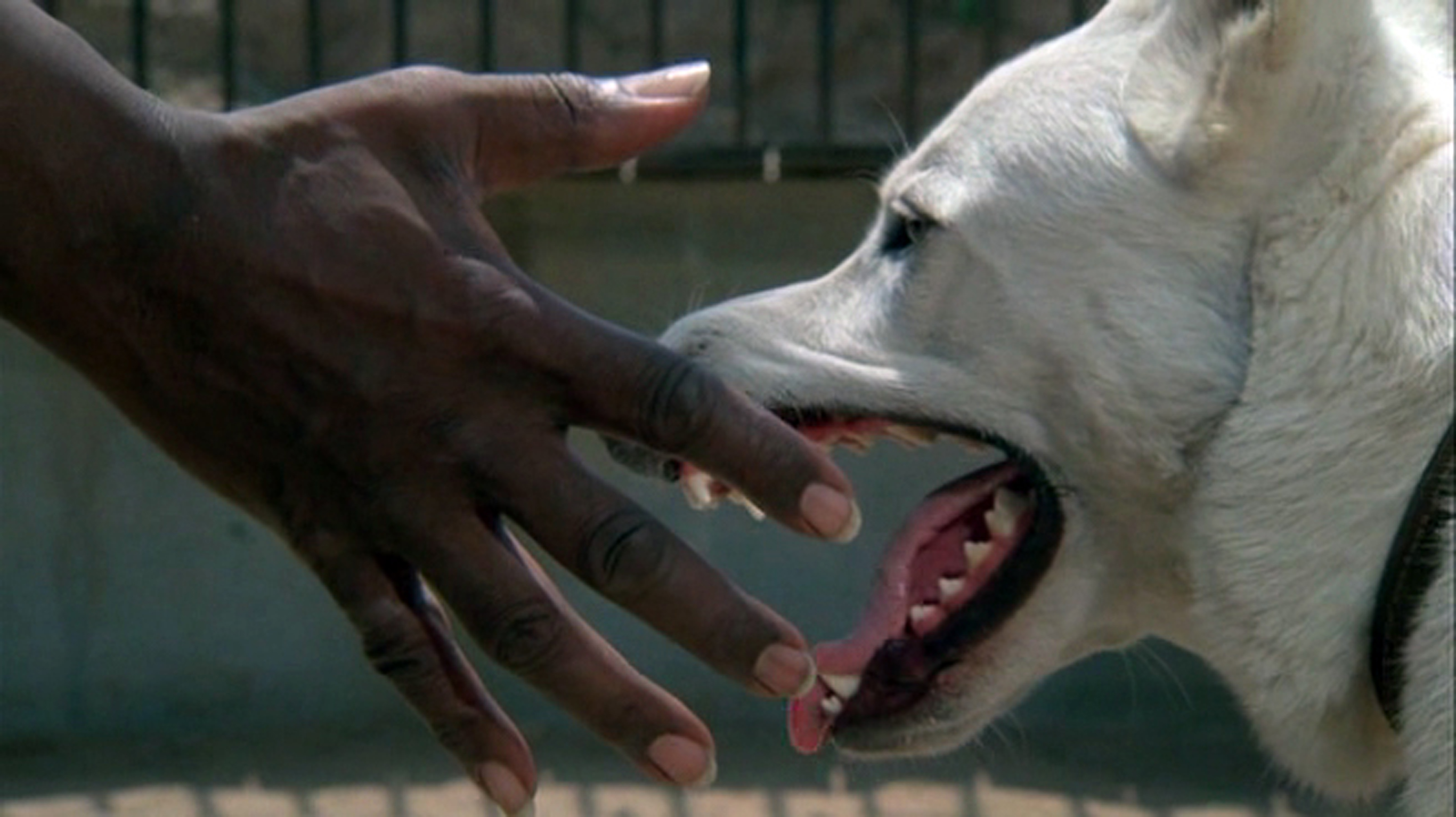
White Dog (1982)
That Samuel Fuller deftly imbues White Dog’s allegory for racist indoctrination with all the tension of a pulpy horror film makes for an extraordinarily creative triumph, framing the titular animal as a two-sided monster as sweetly innocent as it is violently prejudiced, and thoughtfully questioning whether such deep-rooted conditioning can ever be separated from its…
